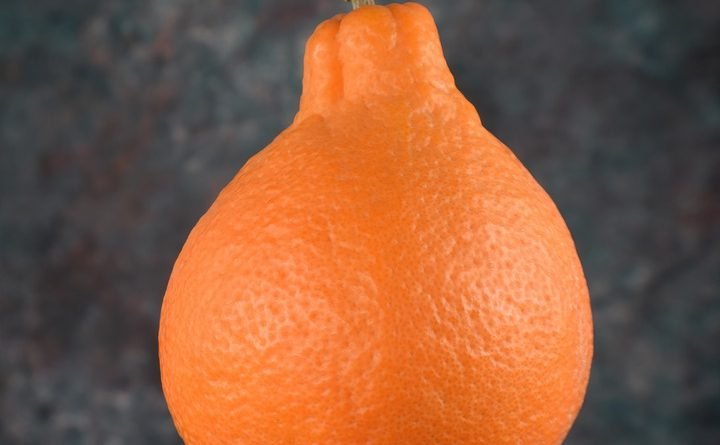The best foods to eat for a healthy liver: tips for fatty liver patients
The liver is a vital organ in the body that plays a key role in the digestion, metabolism, and detoxification of toxins. When our liver is not functioning properly, it can lead to various health issues, including fatty liver disease. Fatty liver disease is a condition in which fat builds up in the liver cells, causing inflammation and damage to the organ.
If you have been diagnosed with fatty liver disease or are looking to improve the health of your liver, it is important to focus on a diet that is supportive of liver health. Here are some of the best foods to eat for a healthy liver:
1. Leafy greens: Leafy greens such as spinach, kale, and collard greens are rich in antioxidants and nutrients that can help protect the liver from damage. They also contain fiber, which can help improve digestion and reduce inflammation in the body.
2. Fatty fish: Fatty fish such as salmon, mackerel, and sardines are rich in omega-3 fatty acids, which have anti-inflammatory properties and can help reduce fat buildup in the liver. They also contain high levels of protein, which is essential for liver health.
3. Olive oil: Olive oil is a healthy fat that can help reduce inflammation and improve liver function. It also contains antioxidants that can protect the liver from damage caused by free radicals.
4. Nuts and seeds: Nuts and seeds such as walnuts, almonds, and flaxseeds are rich in antioxidants, fiber, and healthy fats that can help improve liver function and reduce inflammation.
5. Berries: Berries such as blueberries, raspberries, and strawberries are packed with antioxidants that can help protect the liver from damage. They also contain fiber, vitamins, and minerals that support overall liver health.
6. Garlic: Garlic contains compounds that can help reduce inflammation and improve liver function. It also has antimicrobial properties that can help protect the liver from infection.
7. Green tea: Green tea is rich in antioxidants called catechins that can help protect the liver from damage. It also contains compounds that can help improve fat metabolism and reduce liver inflammation.
In addition to incorporating these foods into your diet, it is important to avoid processed foods, sugary drinks, and excessive alcohol consumption, as these can contribute to liver damage. It is also important to maintain a healthy weight and engage in regular exercise to support overall liver health.
By focusing on a diet rich in nutrient-dense foods that support liver health, you can help improve the function of your liver and reduce the risk of developing fatty liver disease. Consult with a healthcare provider or a dietitian for personalized recommendations on how to best support your liver health through diet and lifestyle choices.
